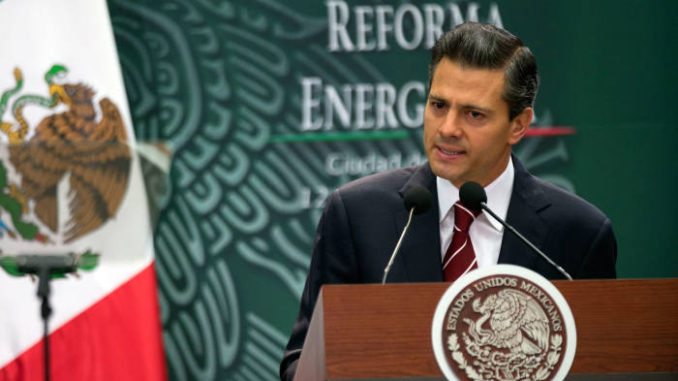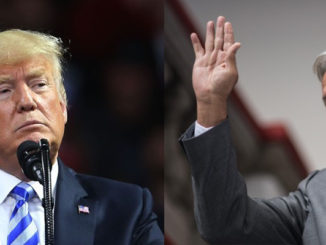
by
Wherever you look these days, the world seems on fire. New hot spots like Russia-Ukraine are competing with old ones like Gaza. Festering conflicts like those in Syria and Iraq are getting worse. Even Afghanistan, which seemed in better shape than the other places, had a setback this week. Is there any good news out there?
In fact, some of the most important countries in the world are making remarkable progress, affecting at least 1.5 billion people. Let me give you the good news.
This week, Mexico took a big, bold step this week. The Mexican Congress passed the ambitious energy reform proposals of President Enrique Peña Nieto, ending 75 years of state control of the energy sector. They have the potential to be a game changer, bringing investment, new technology and hundreds of thousands of jobs to Mexico. Since his inauguration in December 2012, Peña Nieto has pressed for educational and telecommunications reforms that have also mostly been enacted. These reforms have not been popular and have not produced quick growth. This is understandable because most structural reforms have a negative effect on the economy in the short term — they end subsidies, reduce inefficiencies and allow competition for protected companies. In the long run, however, they boost productivity and growth.
If Peña Nieto continues to have the courage to enact major reforms, Mexico will slowly but surely be transformed into a middle-class country. And the result of that will be a sea change in its relations with the United States, which will finally see Mexico not as a problem but as a partner. It is already happening on the ground. Between 2005 and 2010, there was no net migration from Mexico into the United States. But perceptions take a while to change — especially in Washington. But once they do, North America — the United States, Mexico and Canada — will become the world’s most important, vibrant and interdependent economic unit.
That’s what’s been happening in the world while the news about rockets, bombs, assassinations and terrorism takes up the front pages.



